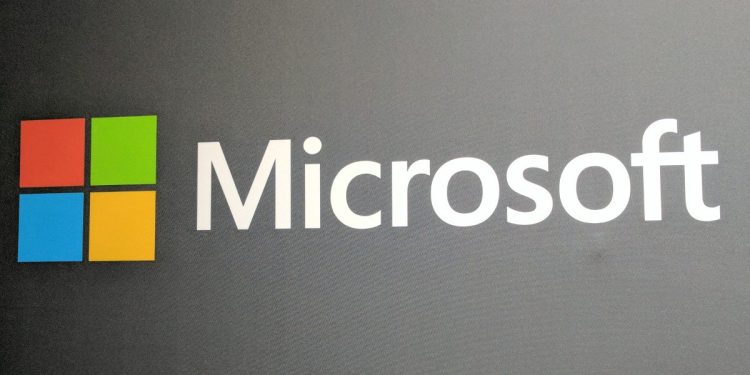Watch all the Transform 2020 sessions on-demand here.
Microsoft is today introducing a number of new AI services for the workplace, including new ways to speed the training of AI systems, custom Cortana voice apps for the enterprise, and a new service for the automated creation of machine learning models.
Automated generation of AI models from Azure Machine Learning will select the algorithm to use and will optimize model performance without the help of a human data scientist.
The new service will compete with similar services that use machine learning, such as Google’s AutoML. Nvidia is also exploring semiautonomous creation of AI models with Project Maglev.
The Azure Cognitive Services is getting an upgrade as well today, with Speech Service becoming generally available for speech recognition and translation. An advanced new speech synthesis from Microsoft called Human Parity Text-to-Speech is now available in preview.
June 5th: The AI Audit in NYC
Join us next week in NYC to engage with top executive leaders, delving into strategies for auditing AI models to ensure fairness, optimal performance, and ethical compliance across diverse organizations. Secure your attendance for this exclusive invite-only event.
The announcements were made today at Microsoft Ignite, a conference being held in Orlando, Florida for IT professionals.
Additional models compatible with field programmable gate array (FPGA) chips like the kinds used in Project Brainwave to rapidly improve AI training speeds were also introduced today, as well as a Python SDK for Azure Machine Learning.
To allow developers and individual companies to create custom voice apps for internal or external purposes, Microsoft also introduced the Cortana Skills Kit for Enterprise, a product that could increase competition with other tech companies, like Cisco and Amazon, that are developing their own intelligent assistants for the workplace.
To this end, Microsoft Teams is getting AI upgrades, as well, with time-encoded meeting transcriptions and background blur that uses facial recognition to ensure a person’s face or figure is the only thing seen visibly in a video call. Beyond Teams, several AI-powered services were introduced today for 365 customers.
Microsoft also announced its AI for Humanitarian Action initiative today, a five-year, $40 million program, the third major AI for Good program from the company since summer 2017. Combined with AI for Earth and a program to help people with disabilities, Microsoft has invested $115 million in artificial intelligence aimed at solving some of humanity’s biggest problems.


